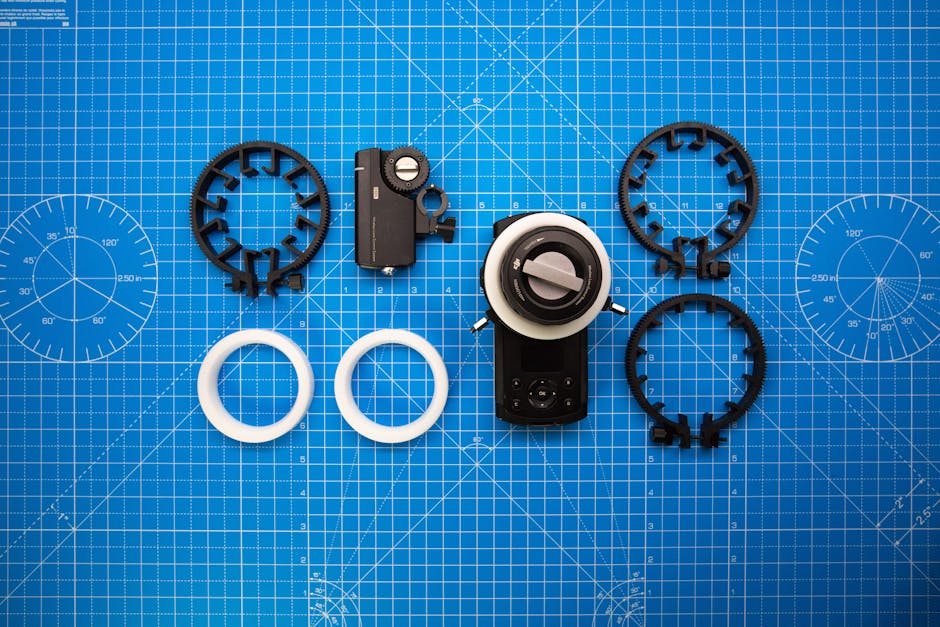Ricoh’s Bold Move: A Dedicated Black and White Digital Camera
In a surprising shift from today’s color-dominated imaging trends, Ricoh is developing a dedicated black-and-white digital camera. This announcement has ignited excitement among photography purists, street shooters, and artists who value monochrome’s timeless appeal.
Why a Black and White Camera in 2024?
Ricoh, renowned for its GR series favored by street photographers, is leaning into niche artistry with this new monochrome-only camera. Unlike conventional cameras that use a Bayer color filter, a true black-and-white sensor eliminates color processing, offering:
- Sharper details – No demosaicing means crisper images.
- Superior low-light performance – More light reaches the sensor.
- Richer tonal depth – True grayscale without digital conversion artifacts.
For photographers who prefer the raw emotion of black-and-white imagery—like the works of Ansel Adams and Henri Cartier-Bresson—this could be a dream tool.
Technical Advantages Over Color Cameras
Most digital cameras capture color via a Bayer filter, requiring software conversion for monochrome shots. A dedicated black-and-white sensor, however, delivers:
- Higher resolution – No interpolation means finer details.
- Reduced noise – Enhanced light sensitivity improves dynamic range.
- Authentic tonality – No artificial color-to-BW processing.
If priced competitively, Ricoh’s camera could rival premium monochrome models like the Leica M10 Monochrom.
Will Photographers Buy a Monochrome-Only Camera?
While professionals and enthusiasts may embrace this specialized tool, mainstream users may question its practicality. Smartphones and mirrorless cameras already offer black-and-white modes, but a dedicated sensor could elevate image quality for serious shooters.
Given Ricoh’s loyal GR-series following, a compact, high-performance monochrome camera might carve a strong niche.
Industry Reactions & Competition
Ricoh isn’t alone in monochrome experimentation—Leica’s Monochrom series and Pentax’s K-3 III Monochrome exist, but at premium prices. If Ricoh delivers affordability without sacrificing quality, it could redefine the market.
Final Verdict: A Niche Masterpiece or Missed Opportunity?
Ricoh’s move is a refreshing take in an era of computational photography. Whether it succeeds commercially or remains a cult favorite, it reignites appreciation for monochrome’s artistic power.
Would you shoot with a dedicated black-and-white camera? Share your thoughts below!




